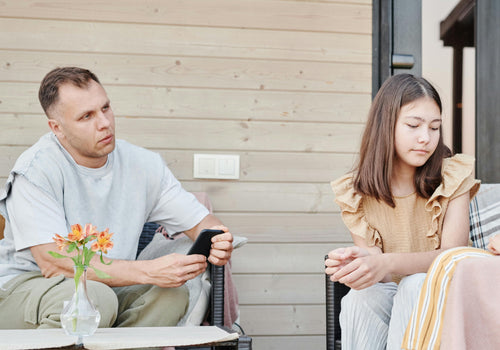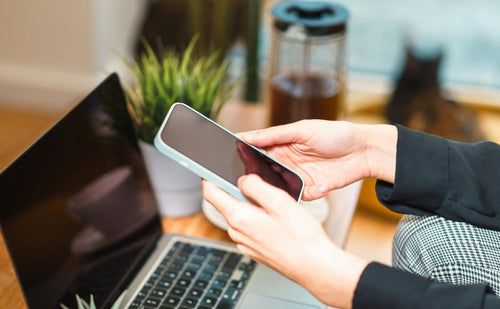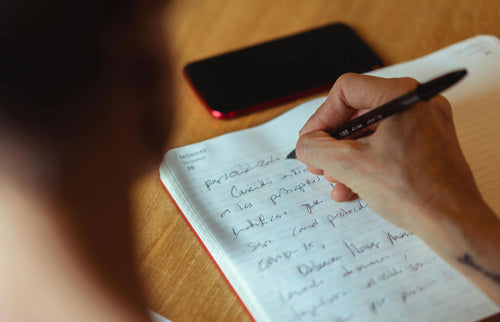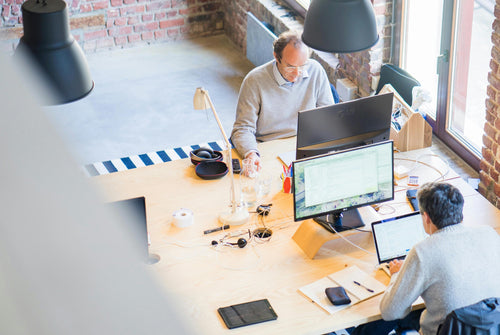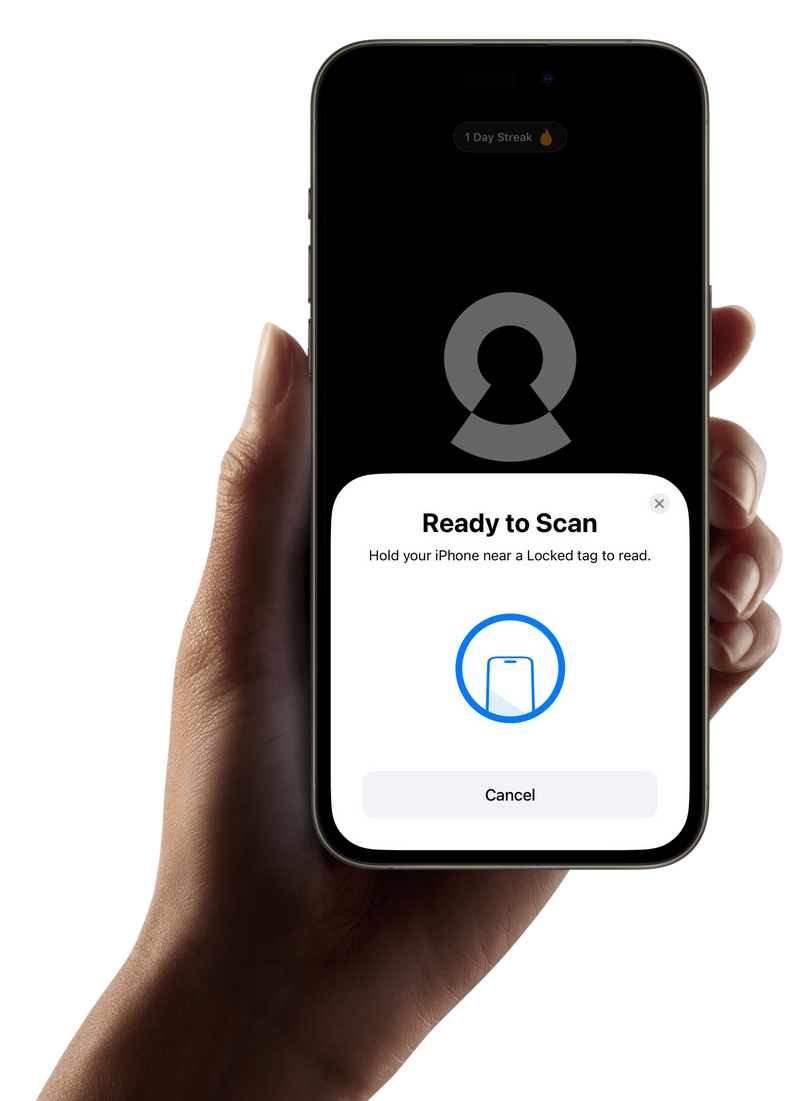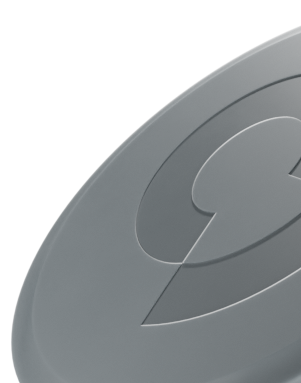Introduction
Did you know that the average Aussie spends over six hours a day on their phone? Many of us spend our final minutes of the day scrolling social media in bed, and wake up scrolling the same apps 5 minutes after our eyes open in the morning.
There are many horrors to this topic, but I find the worst part is that it’s socially acceptable. No one bats an eye, because we all do it.
And given how socially acceptable it is, children are growing up witnessing our behaviours, and we wonder why telling them to ‘get off your phone’ doesn’t hold any authority at home.
The Psychology of Phone Addiction
You’ve heard it before. Phones, and more commonly, social media, are addictive. But do you understand the weaponised science behind these claims?
Social media is addictive because it taps directly into our brain’s primal reward system. Every like, comment, or notification triggers a release of dopamine, the feel-good chemical.
Our brains are wired to seek social validation and stay alert to group dynamics for survival. Social media quite literally hijacks this instinct by offering constant micro-rewards and the false illusion of connection, keeping us coming back for more.
The unpredictability of rewards, similar to slot machines found in a casino, only strengthens the habit, creating a feedback loop our brains find hard to resist as we’re constantly holding out hope for the next scroll.
What is a Friction Barrier?
A friction barrier could be leaving your phone in another room, deleting your apps from your phone entirely, or using an external device like Locked to help you reduce your screen time and only use your phone intentionally, not subconsciously.
iPhone-native solutions, such as Screen Time Limit and paid apps, are flawed by design. The ‘off-trigger’ lives on the very device you’re trying to block, meaning sooner or later you’ll give into temptation and turn off your screen time limits.
Leaving your phone in another room:
This is the most common approach, and you’d be surprised how effective it is. Simply leaving your phone in another room, or completely out of sight, allows you to carry on with your tasks and enter a flow state with ease.
The issue is that you may need your phone for work, or you may need to be available for important phone calls, so this is a flawed strategy.
Deleting distracting apps
Again, this is another common approach, and it adds a barrier of friction due to limiting your social media usage to web browsers only.
Like the first solution, this is also flawed, as deleting social media apps from your phone is quite a drastic approach. You may need these apps to communicate with friends and family, so this simply becomes an inconvenience to you, resulting in you re-installing the apps.
Using Locked to reduce screen time
Using a product like Locked helps you remove the distracting apps from your phone, while also keeping the essential apps such as Phone, Text, Spotify, and Uber etc.
Locked works by creating a barrier between you and your distractions through a physical device that blocks selected apps.
You simply tap your phone to the Locked device, and you won’t be able to open social media or any other apps that you’ve selected. As long as your Locked tag is out of reach, there’s no option to bypass.
Locked is the most reliable solution for reducing screen time, because it allows you to only block your distractions, and keep your phone as the tool it was designed to be. Once you’ve finished with your focus session, you simply tap your phone to the Locked tag, and your apps are accessible again.
How to Start Today
If you’ve read this far, then the topic of digital detox clearly resonates with you. Whether you want to boost productivity and focus while working or studying, or regain a feeling of presence and awareness in day-to-day life to improve your mood, relationships, or mental wellbeing, disconnecting from your phone is the first step.
We highly suggest investing in a device such as Locked as it’ll be with you for life, or for as long as you own an iPhone. The one-off purchase price is a no-brainer if you’re serious about a reliable solution to reducing screen time.
However, if you’re looking for a free alternative, your next best option is to flip on ‘Do Not Disturb’ and leave your phone in another room. Although this comes with downsides of limiting the intended purpose of owning a phone, it is a solution you can implement starting right now to regain control.



